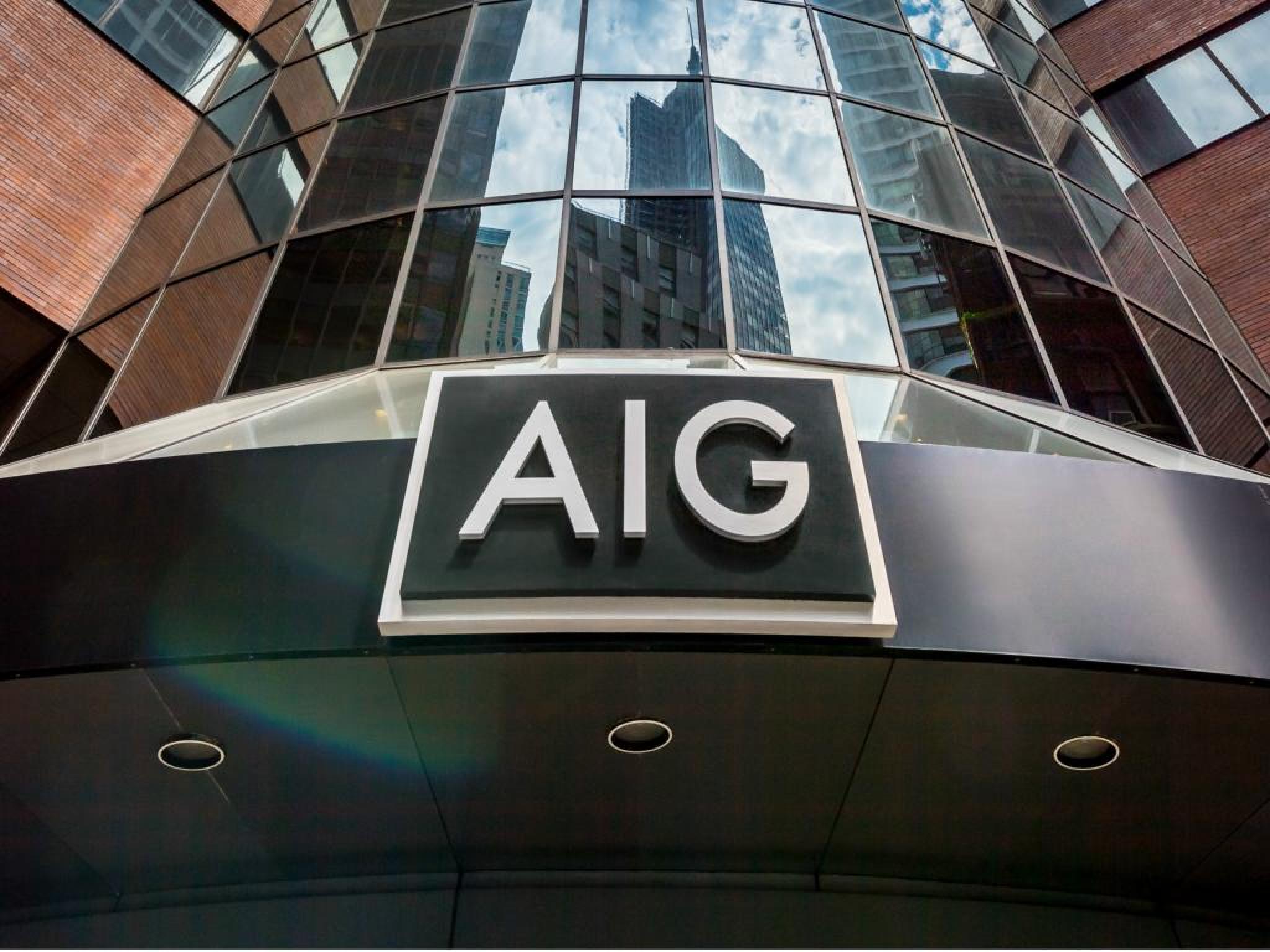
Each day, Benzinga takes a look back at a notable market-related moment that occurred on this date.
What Happened? On March 2, 2009, the U.S. government committed another $30 billion to bail out American International Group Inc (NYSE:AIG).
Where The Market Was: The S&P 500 was trading at 700.8 and the Dow closed the day at 6,763.29.
What Else Was Going On In The World? In 2009, Barack Obama became the first African American president in U.S. history and controversial pop music legend Michael Jackson died at the age of 50. The average U.S. income was $39,423.
Another Financial Crisis Bailout: March 2009 was the darkest time of the financial crisis. Americans looked on helplessly as big banks like Bear Stearns and Lehman Brothers collapsed and other big banks and institutions, such as AIG, appeared to only be surviving thanks to taxpayer support.
On March 2, the government gave AIG a $30 billion lifeline prior to AIG’s fourth-quarter 2008 earnings report in which it was expected to report a staggering $60 billion loss.
The government ended up providing a total of $62.5 billion to AIG to get it through the crisis. AIG's losses came after the downturn in the U.S. housing market triggered defaults on thousands of mortgages that were contained in collateralized debt obligations that AIG had insured. Unfortunately, AIG was unable to cover the losses on these CDOs, leaving the company on the hook for billions of dollars in payouts.
It was touch and go for a while in 2009, but all's well that ends well. AIG eventually paid back every cent of its bailout money, and U.S. taxpayers ultimately made a $5 billion profit off of the deal.
Photo from Wikimedia.







